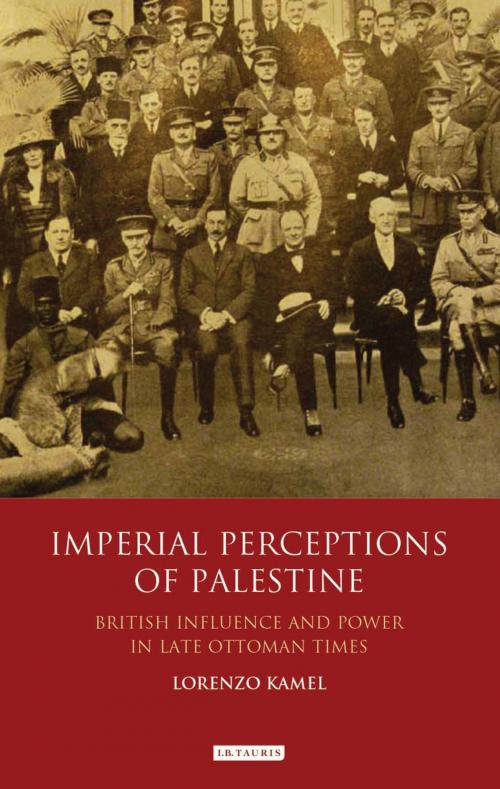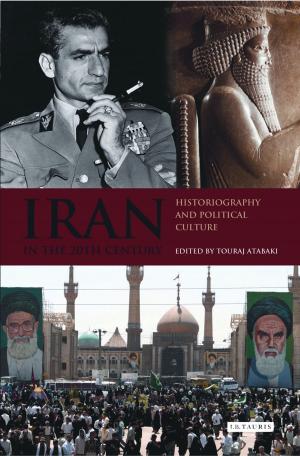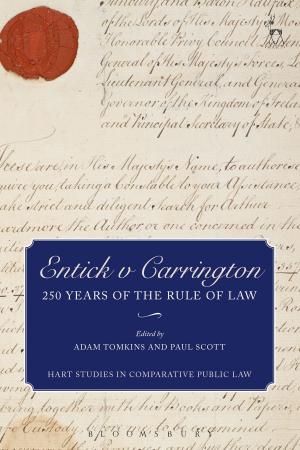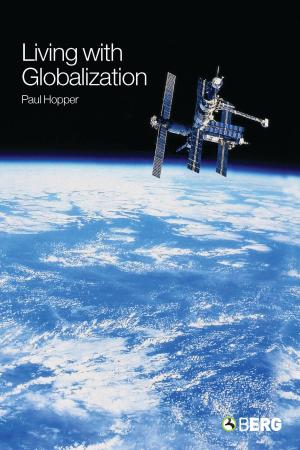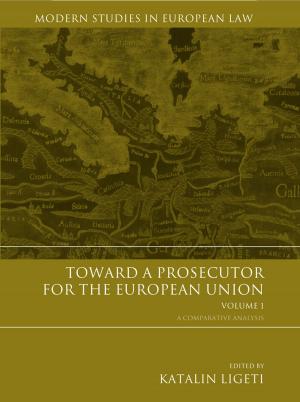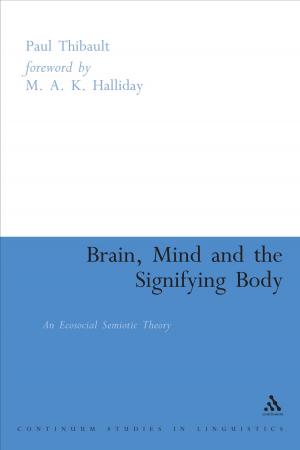Imperial Perceptions of Palestine
British Influence and Power in Late Ottoman Times
Nonfiction, Social & Cultural Studies, Political Science, Social Science, History| Author: | Lorenzo Kamel | ISBN: | 9780857729194 |
| Publisher: | Bloomsbury Publishing | Publication: | July 3, 2015 |
| Imprint: | I.B. Tauris | Language: | English |
| Author: | Lorenzo Kamel |
| ISBN: | 9780857729194 |
| Publisher: | Bloomsbury Publishing |
| Publication: | July 3, 2015 |
| Imprint: | I.B. Tauris |
| Language: | English |
The Palestine Exploration Fund, established in 1865, is the oldest organization created specifically for the study of the Levant. It helped to spur evangelical tourism to the region in the late 19th and early 20th centuries which in turn generated a huge array of literature that presented Palestine as a 'Holy Land', in which local populations were often portrayed as a simple appendix to well-known Biblical scenarios. In the first book focused on modern and contemporary Palestine to provide a top-down and a bottom-up perspective on the process of simplification of the region and its inhabitants under British influence, Lorenzo Kamel offers a comprehensive outlook based on primary sources from 17 archives that spans a variety of cultural and social boundaries, including local identities, land tenure, toponymy, religious and political charges, institutions and borders. By observing the historical dynamics through which a fluid region composed by different cultures and societies has been simplified, the author explores how perceptions of Palestine have been affected today.WINNER OF THE PALESTINE BOOK AWARD 2016
The Palestine Exploration Fund, established in 1865, is the oldest organization created specifically for the study of the Levant. It helped to spur evangelical tourism to the region in the late 19th and early 20th centuries which in turn generated a huge array of literature that presented Palestine as a 'Holy Land', in which local populations were often portrayed as a simple appendix to well-known Biblical scenarios. In the first book focused on modern and contemporary Palestine to provide a top-down and a bottom-up perspective on the process of simplification of the region and its inhabitants under British influence, Lorenzo Kamel offers a comprehensive outlook based on primary sources from 17 archives that spans a variety of cultural and social boundaries, including local identities, land tenure, toponymy, religious and political charges, institutions and borders. By observing the historical dynamics through which a fluid region composed by different cultures and societies has been simplified, the author explores how perceptions of Palestine have been affected today.WINNER OF THE PALESTINE BOOK AWARD 2016
